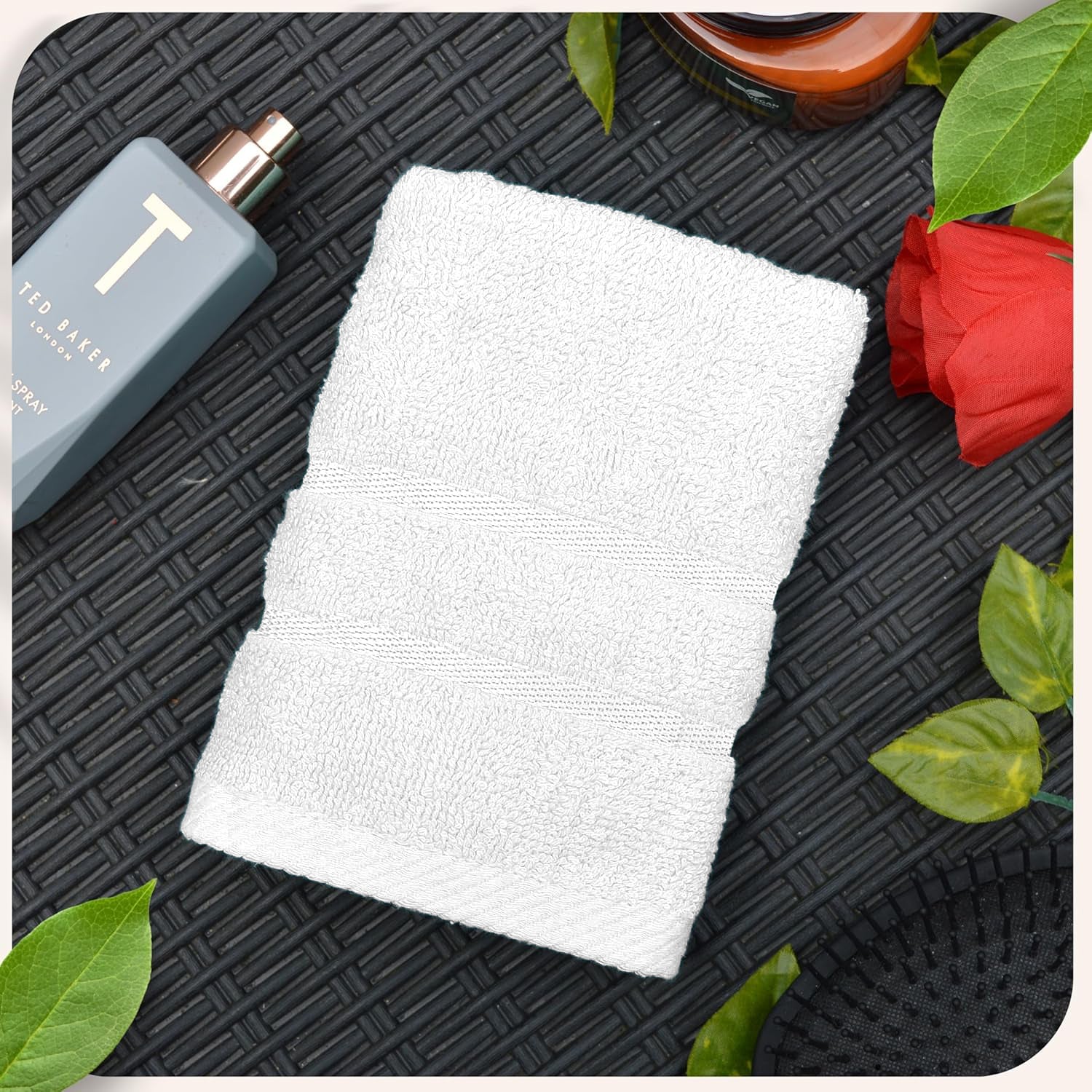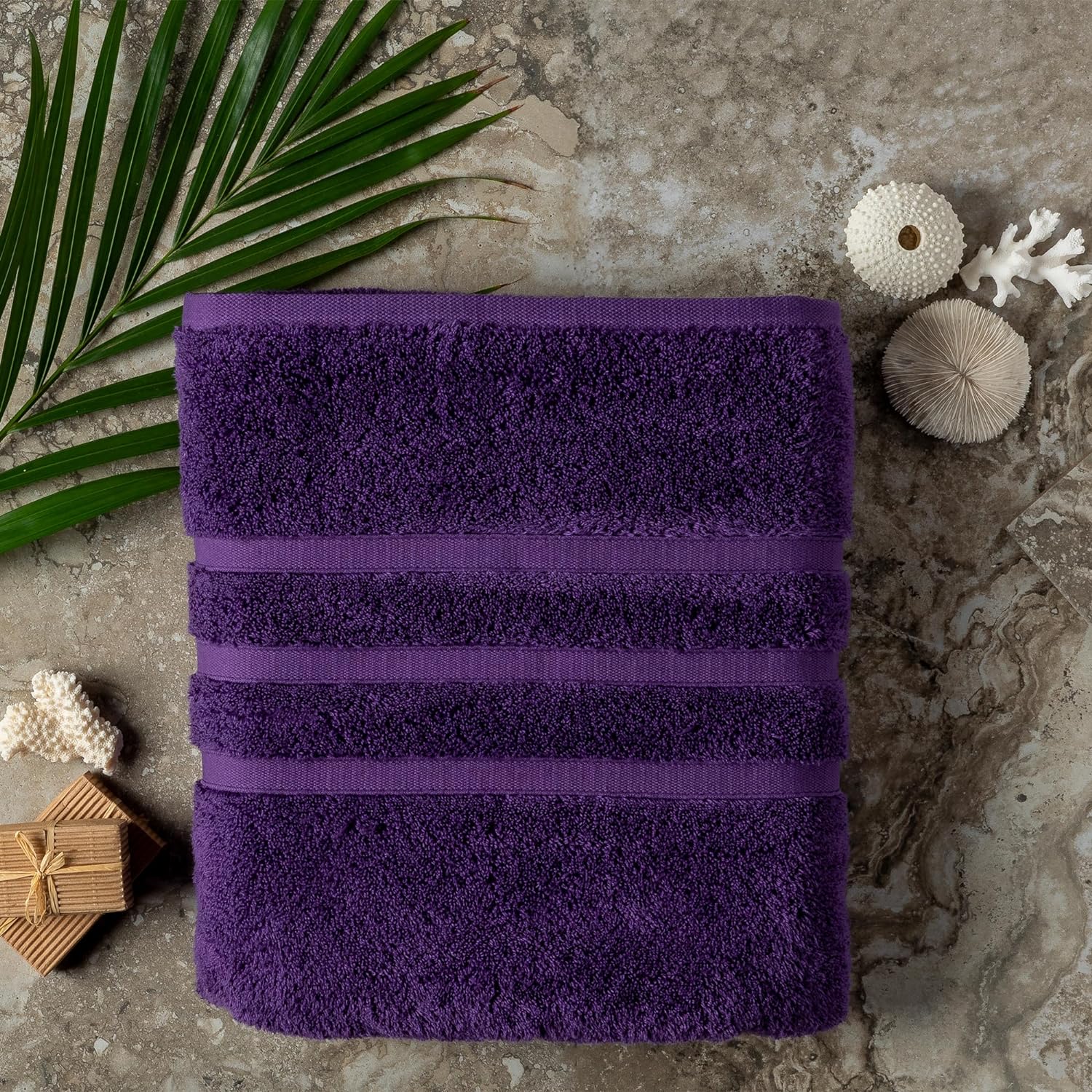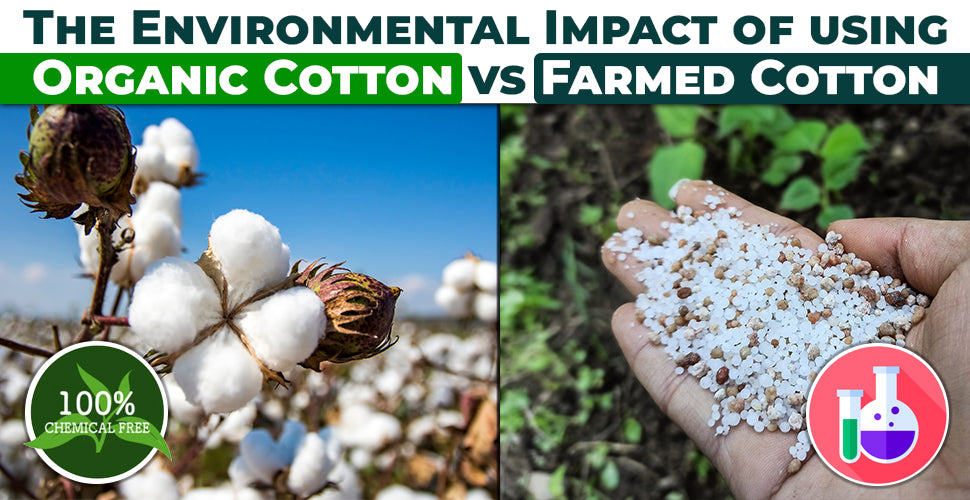An essential component of our daily lives, woven into everything from our clothes and towels to curtains and sanitary products. Yet, the widespread cultivation of conventional cotton casts a significant shadow on our environment. Fortunately, organic cotton presents a sustainable alternative, offering a beacon of hope for eco-conscious consumers and producers alike. This blog explores the key differences between organic and conventional cotton, highlighting why organic cotton is not just a choice but a necessity for a sustainable future.
Understanding Organic Cotton
Organic cotton is cotton that is grown without the use of synthetic chemicals such as pesticides and fertilisers. It is also not genetically modified, adhering to the principles of organic farming. Organic cotton's main characteristics include its reliance on natural processes and materials. It often has a softer feel compared to conventional cotton due to the absence of chemical residues.
Agricultural Practices Used in Organic Cotton Farming
Organic cotton farming employs agricultural practices that maintain soil fertility and reduce environmental impact. These practices include:
- Crop Rotation: Farmers rotate cotton with other crops like legumes to enhance soil quality and break pest cycles.
- Natural Pest Control: Natural predators and biocontrol agents are used to manage pests instead of synthetic pesticides.
- Weed Management: Weeds are managed through manual removal, mulching, or using cover crops that naturally suppress weed growth.
- Composting and Green Manures: Natural fertilisers like compost and green manures enrich the soil without chemical fertilisers.
Benefits to Biodiversity and Environmental Cycles
Organic cotton farming supports biodiversity and helps maintain healthy ecosystems. Benefits include:
- Increased Soil Biodiversity: Organic practices enhance soil biology, leading to healthier soil ecosystems.
- Reduced Pollution: Organic cotton farming minimises water and air pollution by avoiding synthetic chemicals.
- Water Conservation: Organic cotton often uses less water than conventional cotton, as organic soils retain moisture better.
- Carbon Sequestration: Organic agricultural practices can help capture atmospheric carbon dioxide, reducing greenhouse gas levels.
Exploring Conventional (Farmed) Cotton
Conventional cotton is farmed using modern agricultural techniques that often rely heavily on chemical inputs. It is the most common form of cotton farming globally. It uses genetically modified seeds to increase yield and resistance to pests.
Common Agricultural Practices Involving Heavy Use of Chemicals
- Heavy Use of Synthetic Pesticides: Conventional cotton farming often relies on a significant amount of synthetic pesticides to control pests and diseases.
- Use of Chemical Fertilisers: High volumes of chemical fertilisers are used to maximise crop yields.
- Intensive Water Usage: Conventional cotton usually requires extensive irrigation, which can lead to water scarcity issues in certain regions.
- Genetic Modification: Seeds are often genetically modified for increased resistance to pests and higher productivity, which can lead to reduced genetic diversity in cotton crops.
A Comparative Look at Organic and Farmed Cotton
Farming Techniques
Organic cotton is typically grown using non-GMO seeds without synthetic chemicals or fertilisers. In contrast, conventional cotton may utilise genetically modified seeds to increase resistance to pests and diseases. This difference in seed technology can impact biodiversity, pest resistance, and crop yield.
Organic cotton farming strictly limits synthetic pesticides and fungicides, relying instead on natural substances and crop rotation to manage pests and diseases. Conventional cotton farming often employs a wide range of chemical pesticides and fungicides, which can be more effective in pest control but pose more significant environmental and human health risks.
Water Usage
Organic cotton typically requires less water than conventional cotton, primarily due to the organic farming practices that improve soil health and water retention. Additionally, organic fields may be rain-fed rather than irrigated, reducing water use.
Organic farming practices enhance soil structure and water infiltration, improving water conservation and efficiency. Conversely, conventional cotton farming can involve intensive irrigation practices, which may lead to water wastage and long-term depletion of water resources.
Weeding and Fertilisers
Organic cotton utilises mechanical weeding, mulching, and crop rotation to control weeds without chemical herbicides. Conventional cotton may use chemical herbicides that effectively control weeds but can affect soil health and microbial diversity.
Organic cotton is fertilised with organic matter, which feeds the plant and maintains soil fertility. Conventional cotton often relies on synthetic fertilisers, which can increase yield and lead to soil degradation and pollution due to runoff.
Carbon Dioxide Emissions
Organic cotton farming tends to have a lower carbon footprint due to reduced reliance on synthetic inputs and better carbon sequestration in organically managed soils. Conventional cotton typically has a more significant carbon footprint due to its higher dependence on fossil fuel-based inputs.
Harvesting Processes
Organic cotton is often picked by hand, which is labour-intensive but avoids contamination with harvesting chemicals. Mechanical harvesting in conventional cotton can be more efficient. Still, it may involve defoliants, which have potential health risks for workers.
Chemical Treatment Post-Harvest
Post-harvest, conventional cotton may be treated with various chemicals to enhance colour, reduce shrinkage, and prevent mould. Organic cotton limits chemical use, focusing on safer, non-toxic alternatives.
The chemicals used in conventional cotton processing can contribute to environmental pollution and potentially pose health risks to consumers and factory workers. Organic practices significantly reduce these risks by avoiding hazardous chemicals.
Dyeing Process
Conventional cotton might use synthetic dyes that offer vibrant colours but can release toxic chemicals. Organic cotton prefers natural or water-based dyes, which are softer on the environment but offer a more limited colour range.
Natural dyes are less polluting and safer for the environment and human health, aligning with the sustainable ethos of organic cotton production.
Yarn Quality
The hand-picking method in organic cotton preserves the fibre length and strength, potentially leading to higher-quality yarn. Mechanical harvesting in conventional farming might damage the fibres, affecting the final yarn quality.
H3- Fair Trade and Economic Impact
Fairtrade certifications in organic cotton farming ensure that small-scale farmers receive fair prices and work under better labour conditions, encouraging sustainable practices and community development.
While transitioning to organic farming involves initial costs and challenges, it can lead to higher price premiums, reduced input costs, and better health and environmental outcomes, ultimately benefiting farmers economically.
Environmental and Social Impact
Organic cotton represents a profound opportunity to reduce adverse environmental impacts. It helps maintain healthy soils, conserves water, reduces pollution, and supports safer working conditions for farmers. By choosing organic cotton, consumers can drive demand for more sustainable practices, leading to broader environmental and social benefits.
Conclusion
The choice between organic and conventional cotton is clear. As we strive for a more sustainable and just world, we must support agricultural practices that align with these goals. Organic cotton not only preserves our environment but also offers a viable economic model for farmers around the globe. Let's make the conscious choice to support sustainability and transform the fabric of our future.














Leave a comment
This site is protected by hCaptcha and the hCaptcha Privacy Policy and Terms of Service apply.